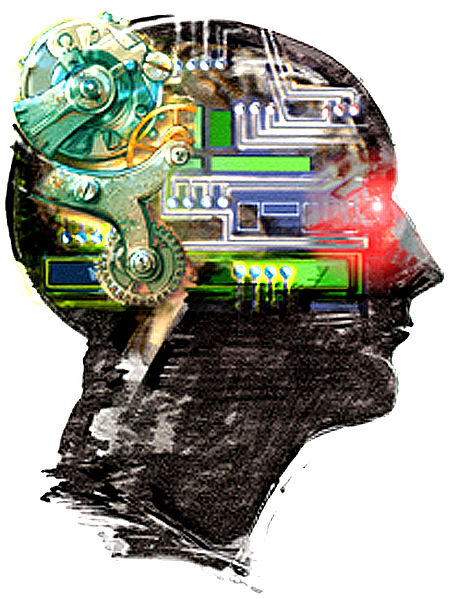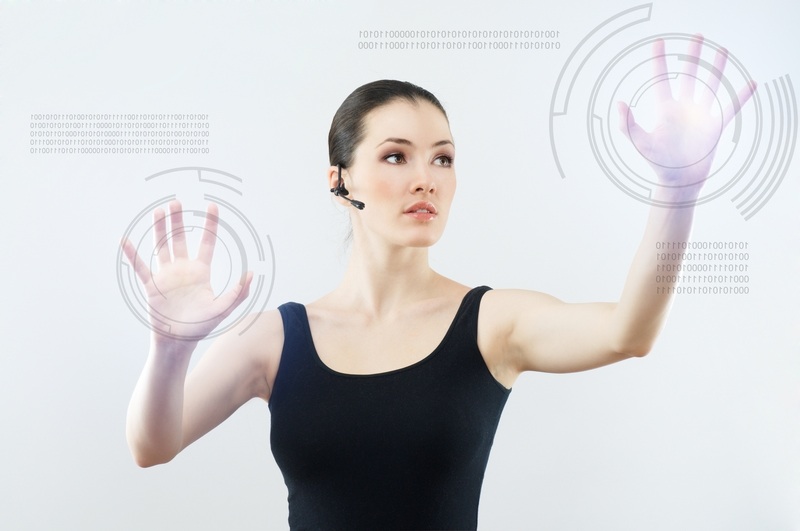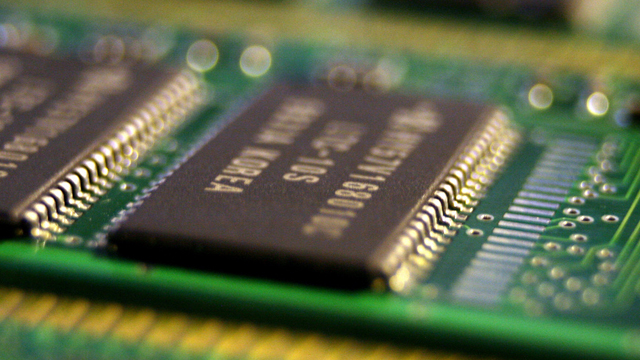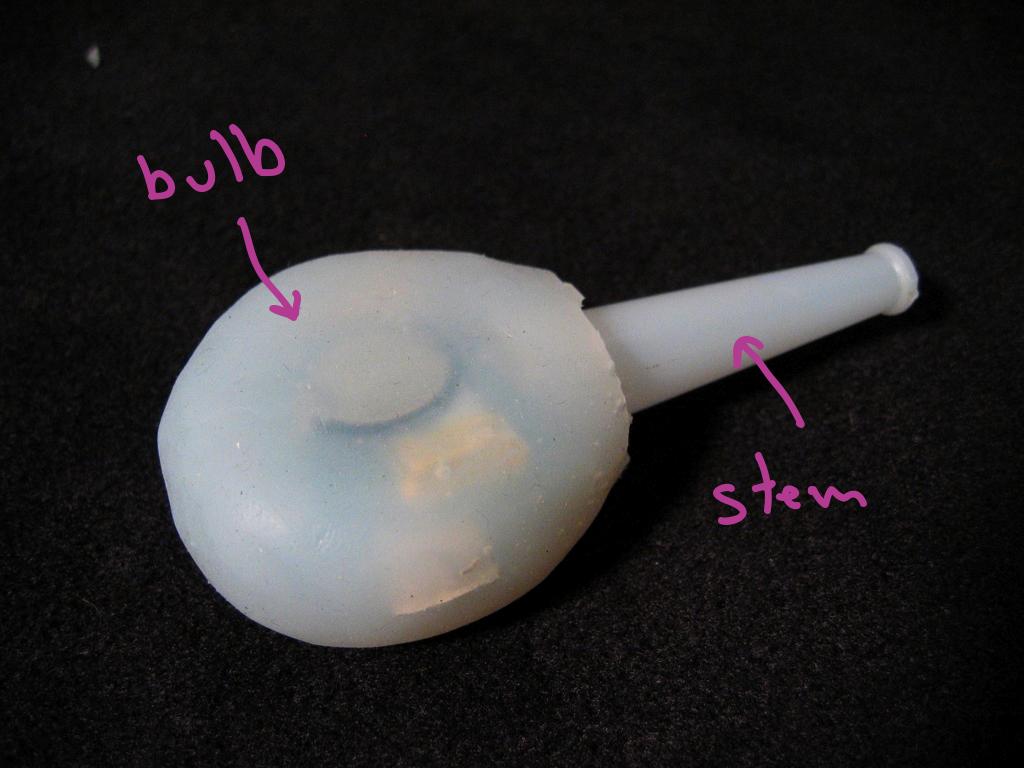A tiny chip implant is enabling paralyzed and injured people to move objects by the power of their thoughts—the implications of brain-computer interface reach into the science fiction realm.
Search Results
You searched for: Brain-Computer Interface
Berkeley scientists say with MRI and computer models they can reconstruct our visual experiences, paving the way to reproduce our mental movies, such as dreams and memories.
Berkeley scientists say with MRI and computer models they can reconstruct our visual experiences, paving the way to reproduce our mental movies, such as dreams and memories.
A computer-music system that interacts directly with the user's brain, by picking up the tiny electrical impulses of neurons, may aid in the treatment of neurodegenerative diseases.
Small computer implants that read brain activity like radio waves are becoming less invasive and more effective at interfacing with computers. There are a range of commercial uses.
Duke University neurologist Miguel Nicolelis has shown through experiments that the mind can be liberated from the body—in time, we will have out-of-body experiences that feel real, he says.
Forget the mouse and keyboard, and even the swipe, pinch and touch – the next generation of human-computer interactions will be the gesture, the body movement and even thoughts from […]
For people with spinal injuries or other conditions that impair use of the arms or vocal cords—or for the curious who just think it's cool—a new technology types your thoughts for you.
"The tools used by the commercial industry to detect our thoughts and brain states are very different, and somewhat limited, compared to those used in the research lab."
A DIALOGUE BETWEEN JASON SILVA AND TECHNO-ECOLOGIC SCHOLAR RICHARD DOYLE Richard Doyle also goes by mobius, an indicator of just how important interconnections are to him – and how transformative, […]
"A new advance in recording and interpreting brain activity will open the door to machines that could record and play back your dreams," say U.C.L.A. neurology researchers.
"In the future, the computational module of a brain coprocessor may be powerful enough to assist in high-level human cognition or complex decision making."
Dr. Gary Marcus, a psychology professor at New York University, says we should develop a "Google-like" chip that could be implanted in our brains to enhance human memory.
It’s often said that children are the designers of humanity’s future. International research consultancy Latitude and ReadWriteWeb decided to take the adage literally, asking children to envision the future of […]
What if you could manipulate abstract, digital information like it were a tangible, physical thing? A new development out of MIT Media Lab promises to do just that. Slurp is […]
A breakthrough has been made in wireless brain-to-computer connection speech synthesizer technology, which could allow victims of paralysis the ability to speak again.
Paul Root Wolpe is the director of the Center for Ethics at Emory University and the Asa Griggs Candler Professor of Bioethics. Wolpe is a pioneer in the field of […]
▸
19 min
—
with










